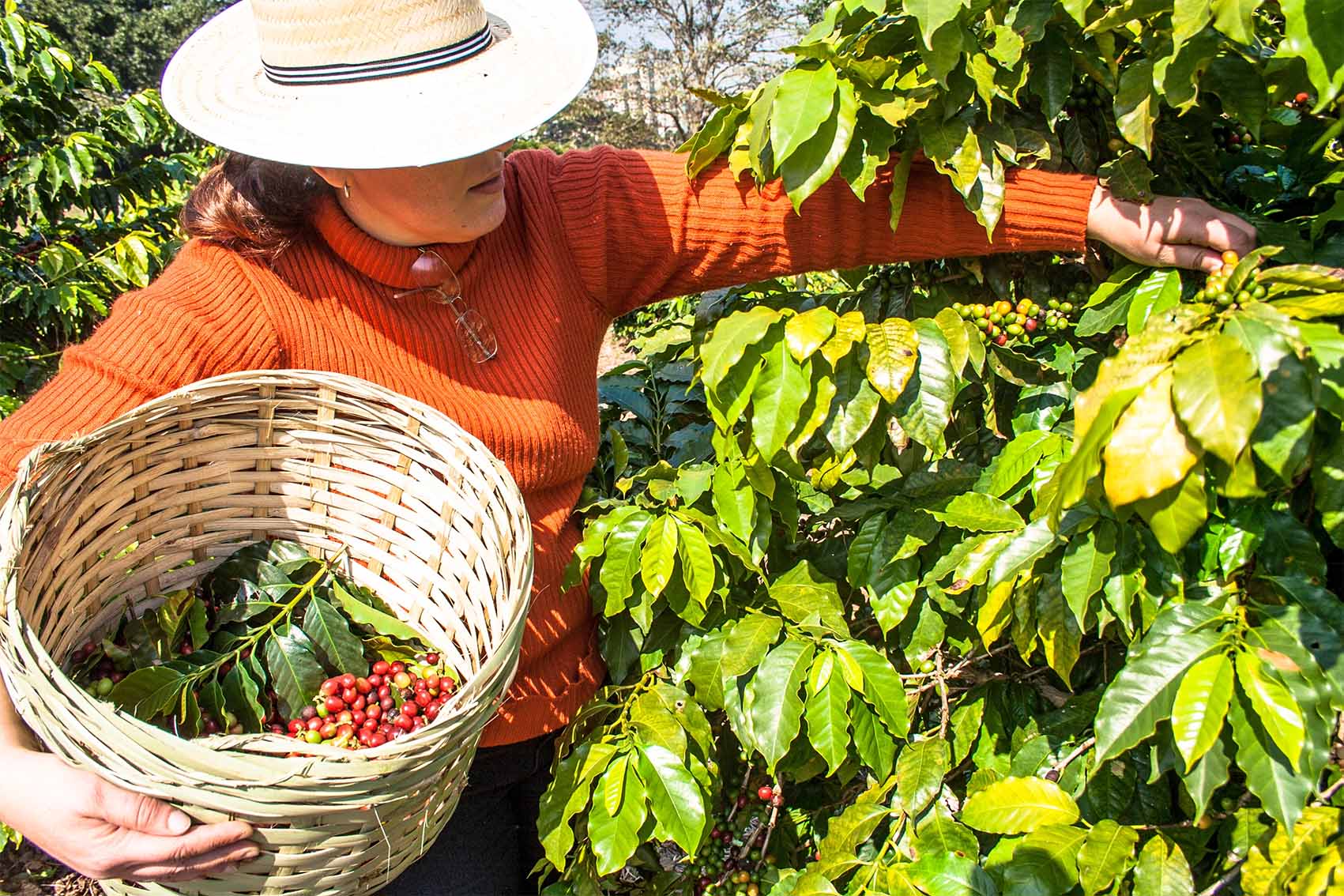Coffee, the beloved beverage of millions worldwide, owes its rich and aromatic existence to the humble coffee bean. Beyond its role in our daily rituals, coffee beans also play a significant part in global trade, shaping economies, and livelihoods across the globe.
The cultivation of coffee beans can be traced back to Ethiopia, where legend has it that a goat herder named Kaldi discovered the energizing effects of coffee when his goats became unusually lively after eating coffee cherries.
Coffee, sometimes also referred to as “the black gold”, is one of the most widely traded commodities on the planet. It’s not just a morning pick-me-up; it’s a global economic force that influences millions.
Caffeinated landscape
Around 125 million people worldwide depend on coffee for their livelihoods. It is one of the most valuable and widely traded tropical agricultural products and is mainly produced by smallholder farmers. It’s a crucial source of income for many developing countries. Coffee beans are cultivated in over 70 countries worldwide, with Brazil, Vietnam, and Colombia being the largest producers.
Coffee is grown in a region known as the “Coffee Belt,” which encircles the Earth near the equator. This includes countries in Latin America, Africa, and Asia.
In 2022, being on the top of the list of world’s largest coffee producer, Brazil alone accounted for roughly 40% of global coffee production which amount to around 3-3.5 million metric tons. Significant production volumes allow it to dominate the export market, supplying coffee beans to countries across the globe. The country’s diverse climate and vast coffee-growing regions make it a coffee superpower, producing both Arabica and Robusta beans, with Arabica being the primary variety.
Coffee is not a one-size-fits-all commodity. There are over 100 known coffee species, but two primary ones dominate the market: Arabica and Robusta. Arabica is known for its mild and nuanced flavor, while Robusta is more robust and caffeine-rich.
Following the leader Colombia and Vietnam come in second and third as global coffee producers. While Vietnam has strong focus on Robusta beans allowing to take a lead in this particular grade over Brazil, Colombia in the coffee market well-known for its high-quality Arabica beans. Columbian product is renowned for its unique flavors and is often considered some of the best in the world.
Notably, that being the most substantial trading places for green coffee and one of the world’s largest coffee processors, Switzerland ranks among the top three exporting countries by value.
Coffee cherries are typically harvested by hand to ensure only ripe cherries are selected. This labor-intensive process contributes to the unique quality of each batch.
On the other side, the United States is one of the largest coffee importers globally, with a strong demand for both Arabica and Robusta beans. Coffee culture is deeply ingrained in American society, leading to a robust import market evaluating to $7bn annually.
Having thriving coffee cultures and growing high coffee consumption, European countries like Germany, France, Italy, and the United Kingdom, followed by Canada and Japan, collectively, are also major coffee importers.
The global coffee beans market is valued at over $30 billion and is expected to exhibit a CAGR of 5-6% between 2023 and 2030, with an estimated 3 billion cups consumed daily.
Responding to challenges
Within the intricate world of coffee trading, several challenges shape the industry’s dynamics. One of the most significant complexities is the diversity of coffee beans produced worldwide. Each region’s coffee carries distinct flavor profiles, influenced by factors like soil composition, climate, and altitude. This diversity demands expertise from traders who must discern and appreciate the subtleties that distinguish a Colombian Arabica from a Vietnamese Robusta.
The timing of coffee harvests across different regions presents another challenge. Coffee is a seasonal crop, and various countries have varying harvest periods. This leads to the need for meticulous planning and coordination to ensure a steady supply of coffee throughout the year. Proper storage and preservation methods become essential for maintaining product quality during off-seasons.
Additionally, the coffee industry faces the price volatility. The coffee market is influenced by geopolitical factors and futures trading, where traders may speculate on the future price of coffee beans. This can lead to unpredicted price volatility and impact coffee-producing nations, underscoring the extreme importance of ongoing improvement in risk mitigation instruments.
At the same time, there are several global programmes are introduced to support the industry, and particularly SMEs. One of them, so-called Fair-Trade Coffee (Certification) has been implemented in recent years. It ensures that coffee growers receive fair compensation for their hard work, promoting ethical and sustainable practices within the industry.
Ultimately, coffee beans are not just a commodity; it’s an integral part of global culture, trade, and economics. The coffee industry brings together people from all corners of the world, from the coffee farmers working the fields to the baristas brewing your morning cup. At Maxwer, we will continue to provide alternative trade finance solutions to the market supporting a fascinating blend of tradition, innovation, and international trade, making it not only just a beverage but a global phenomenon.



